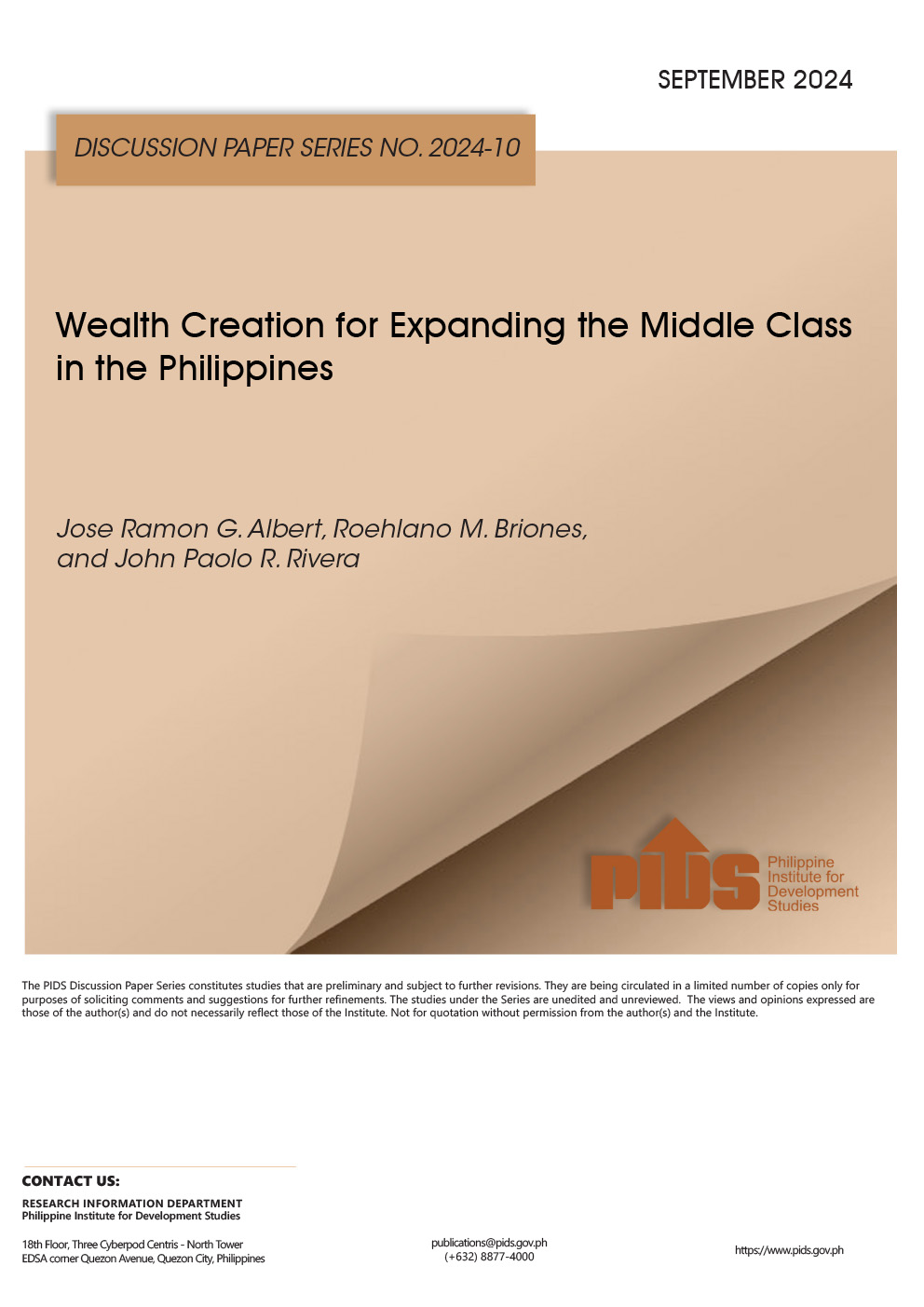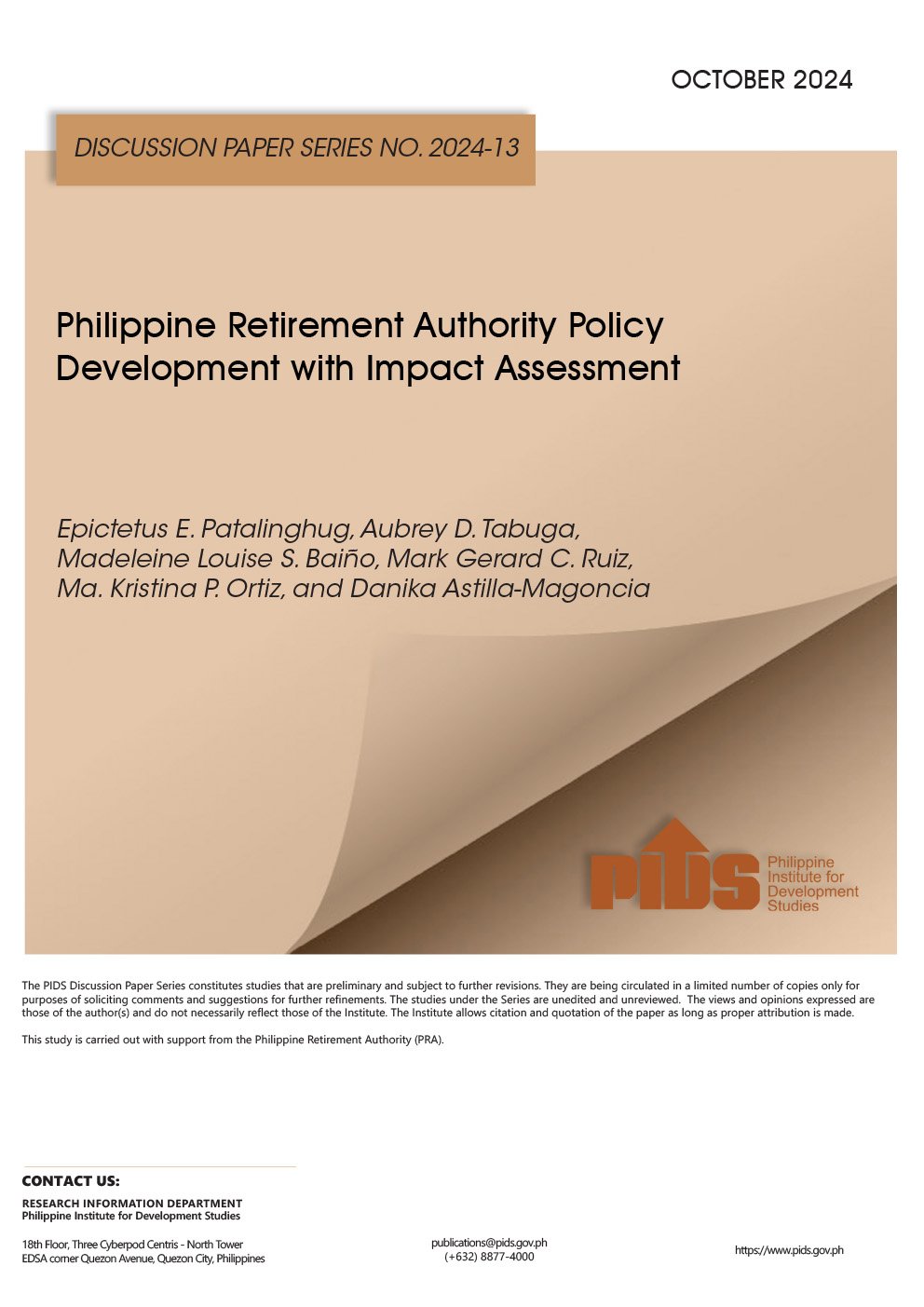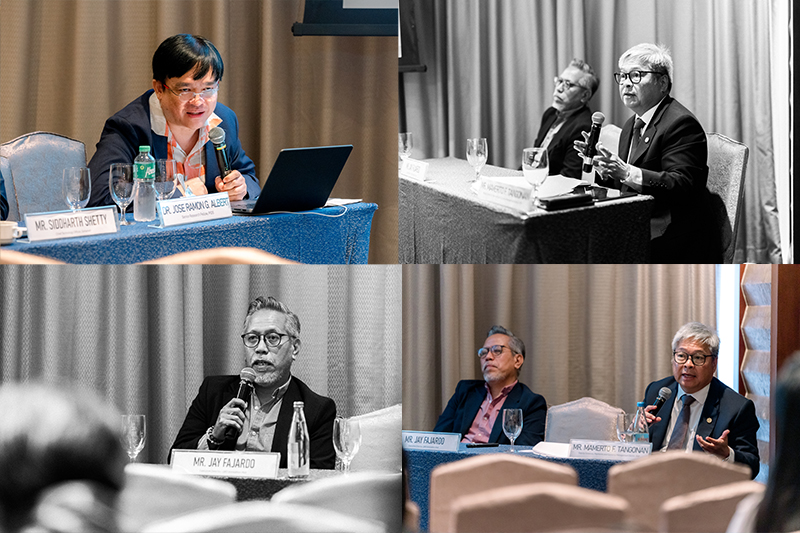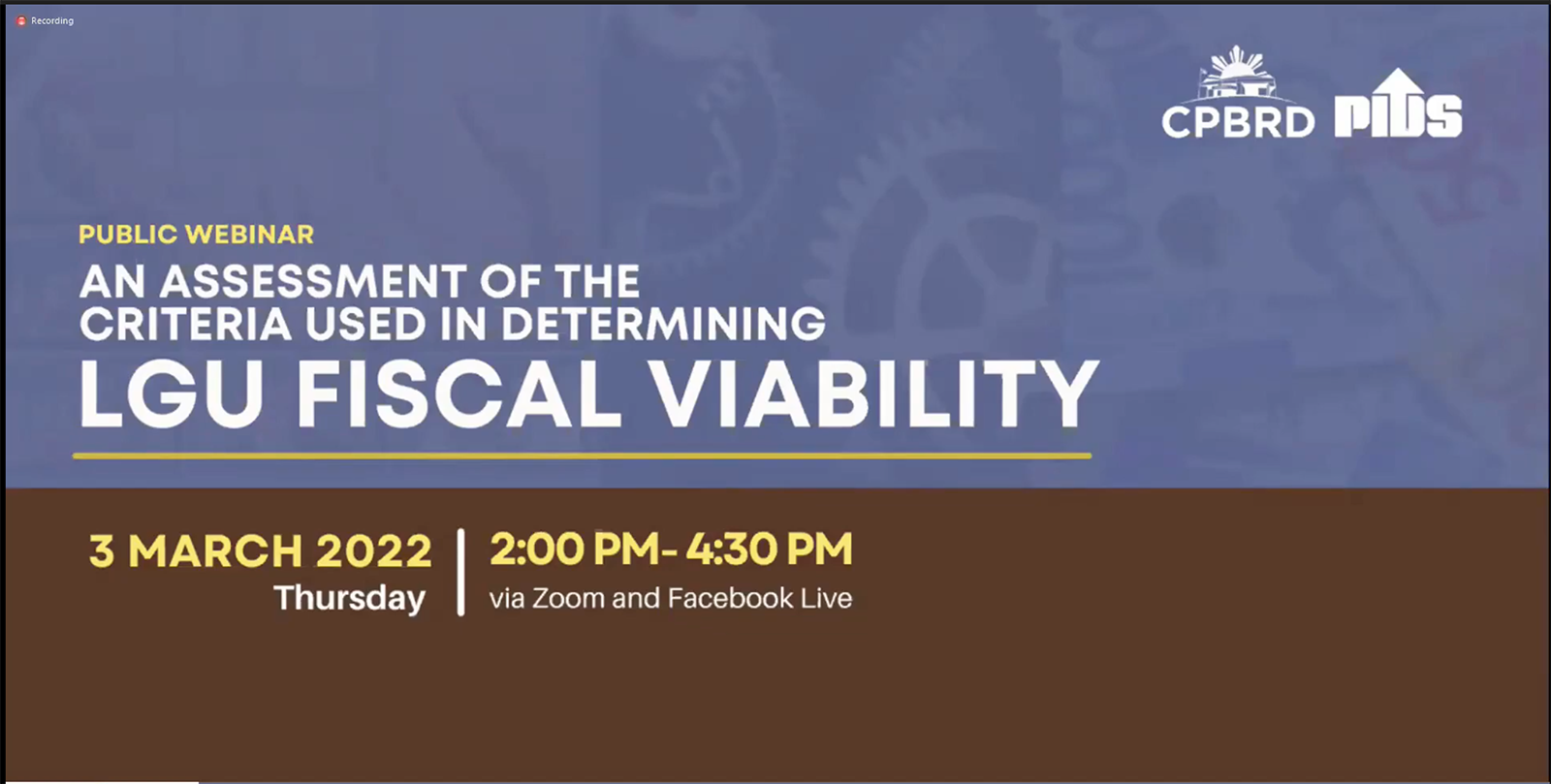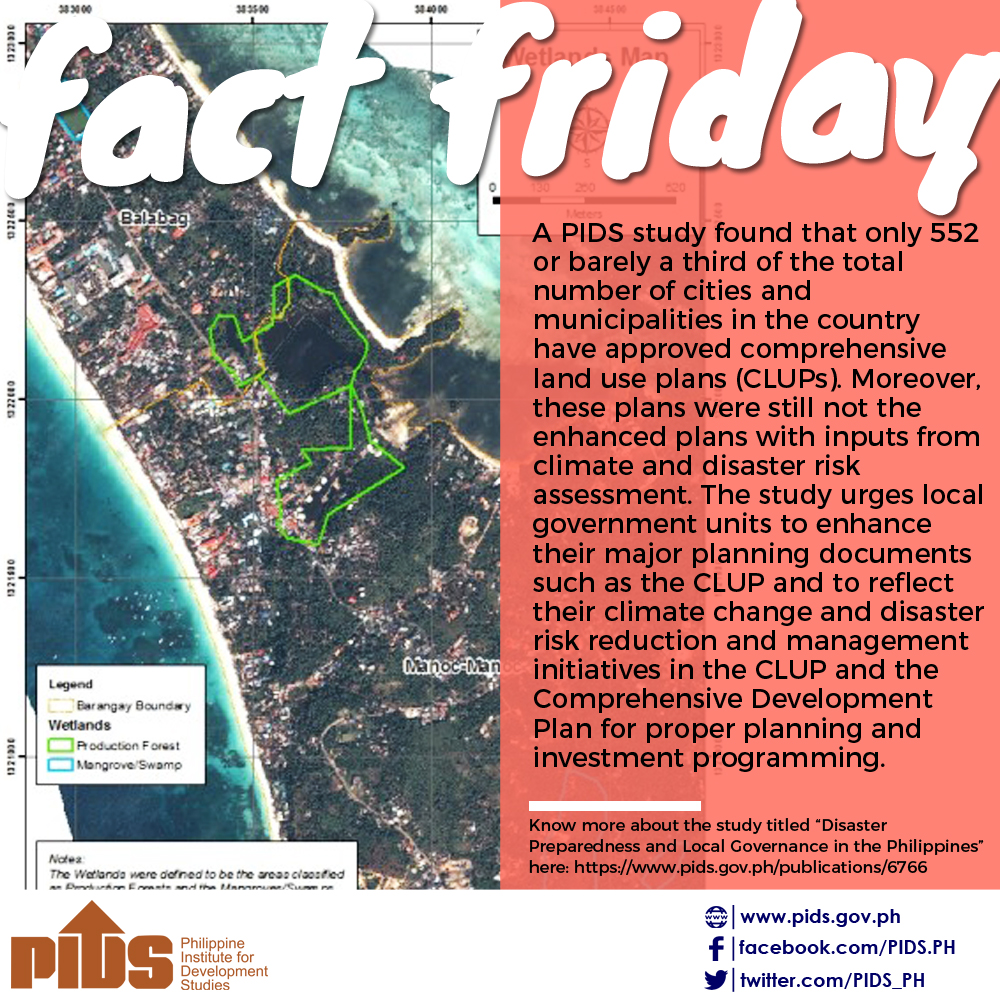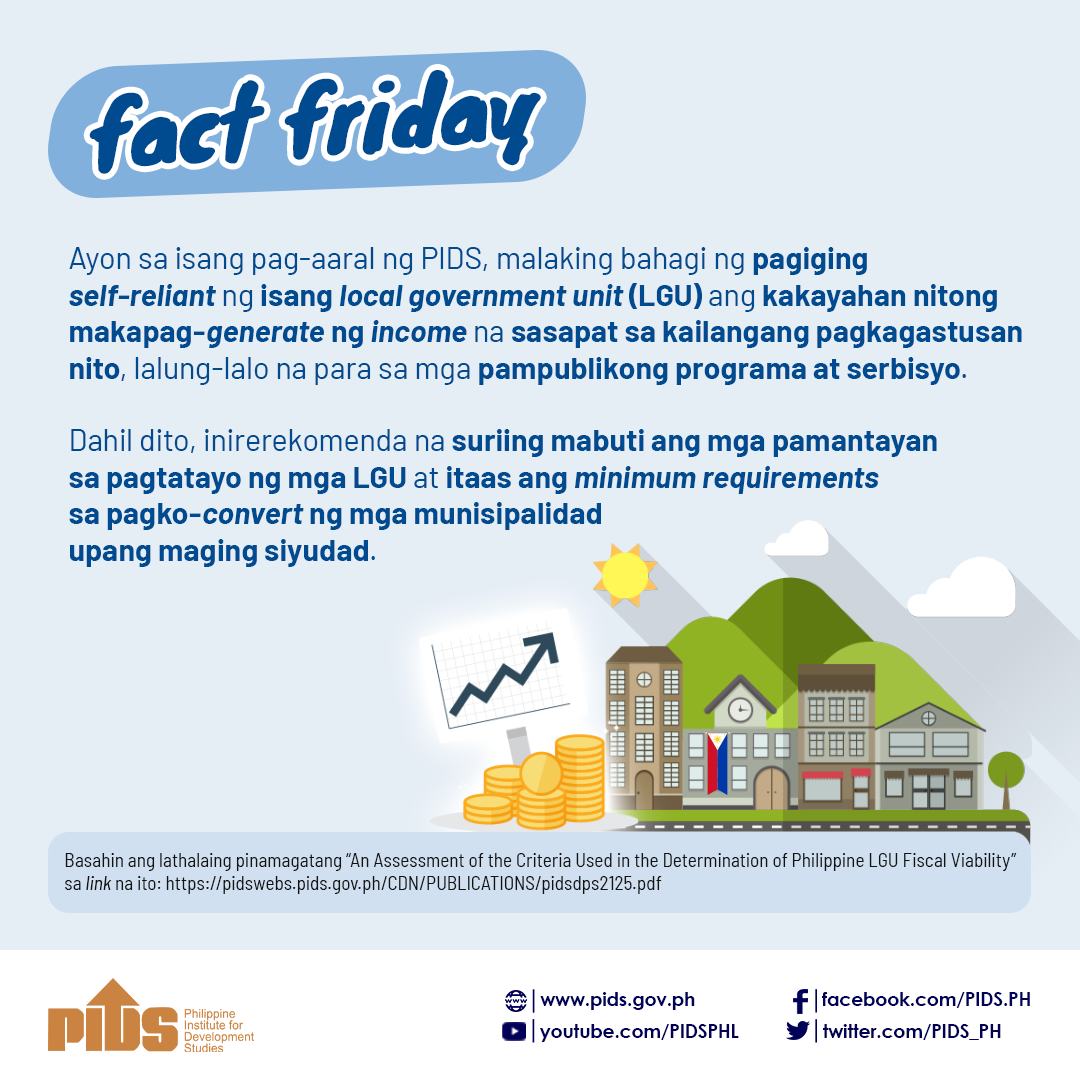THE country’s trade chief is rallying behind domestic business groups in their demand to restrict the financial power of local governments under a federal system.
Trade Secretary Ramon M. Lopez said regional states should not be allowed to adjust their fiscal policies on their own without the approval of the national government. He argued that the national government must still be in charge of taxation to avoid “unnecessary leakages” should the country shift to a federal system.
The Department of Trade and Industry chief was responding to a position paper issued by top Philippine business groups at a forum on federalism organized last week by the consultative committee (Con-com) reviewing the
1987 Constitution.
Reacting to the same paper, the Con-com at the weekend allayed fears of business groups that the “proposed states” under a federal system might have the power to increase taxes at will and spend their funds in risky ways.
Sought for comment by the BusinessMirror, the Con-com said that it is “unlikely” for federated regions to impose higher taxes at will, as this will make them “uncompetitive.”
For his part, Lopez told the BusinessMirror: “Each LGU [local government unit] will compete for investments and may offer various fiscal and no-fiscal incentives. Thus, [there is] the need to have closer alignment with national government agencies [on] what can be doable.”
He said federal states could be permitted to provide incentives and tax breaks, but the national government should still have the final say in the overall tax policy under a federal system. Lopez agreed with business groups that there could be “unnecessary leakages” if absolute financial power—fiscal policy, budget spending, among others—is transferred to local governments.
In a position paper on Thursday, business groups warned investments might be at risk if regional states are permitted to reform their fiscal regime on their own. They said draft proposals from the House of Representatives and the consultative committee tasked to review the 1987 Constitution leave many provisions of the division of financial power open to dispute for future leaders.
The position paper was signed by the Financial Executives Institute of the Philippines, Makati Business Club, Management Association of the Philippines and the Philippine Chamber of Commerce and Industry. The Semiconductor and Electronics Industries of the Philippines Foundation Inc. and Cebu Business Club were also signatories.
The Con-com spokesman, Conrado Generoso, issued a statement at the weekend allaying the businessmen’s fears. “The design of the federal system is such that the regional government will have to make sure that the capacity of their provinces and other LGUs improve because that will make the entire region competitive with the other regions,” Generoso said in a statement. “And while each region can formulate an economic and investment plan/program of their own, the federal government reserves the power to formulate an integrated national economic and investment plan. Still, the regions would have the power to provide measures that will attract investors within their jurisdiction and develop ‘specialized’ economies or industries as they see fit for their region.”
Noting that the Con-com design does not create states but federated regions—which means that the provinces and the highly urbanized cities or chartered cities are federated into a region with regional government—Generoso said that the national government, through the Bureau of Internal Revenue, remains the rate-setter and collector of the major taxes, such as income taxes, while the collection of some taxes and fees will be transferred to the regional governments and some collecting agencies of the national government.
“Only taxes such as capital gains tax, donor’s tax, documentary stamp tax, land transportation franchise fees, vehicle registration, driver’s license fees and others are to be collected by the regional governments to give them a steady stream of revenues,” he said.
But, Generoso pointed out, this does not happen in an instant, adding that the review of the Internal Revenue Code and the plant for the grant of taxing powers to the federated regions is part of the entire transition plan to be formulated by the Federal Transition Commission, which the committee decided to have 10 members to be headed by the President in a bid to shift the country from unitary to federal form of government by 2022.
Bizmen’s doubts
In their position paper, the business groups also doubted if federal regions will efficiently deliver infrastructure and social services should the national government pass on to them the power of the purse.
The business groups also warned against radically redistributing the national treasury to regions should the country shift to a federal system. “Third, investors are also concerned about a planned equalization, which is meant to transfer undefined amounts during a transition period from more economically strong states to weaker ones,” they said.
It is, therefore, the recommendation of the business groups that local governments undergo a program intended to improve the capabilities of their officials before they are given additional duties under a federal system. They also said some reforms on LGUs can be achieved immediately by amending the Local Government Code and enacting new laws and administrative measures, instead of waiting for the new constitution to be completed.
“An eventual shift to federalism implies the significant expansion of the breadth and depth of power and authority that will be transferred from the national government to the proposed federal states and regions. From the current baseline, it is imperative that such a move be preceded by and complemented with a comprehensive buildup of local government capabilities,” the business groups added.
Con-com’s side
Con-com allayed the business groups’ fear of forced shutdowns of big and small businesses from lack of preparation by federated regions to handle increased responsibilities and production and trading capacity to support their population. The Con-com spokesman said there “doesn’t seem to be a sound basis” to it.
“The gradual transition is to assure that no major disruption takes place and the regional governments and LGUs will be prepared to take on the greater responsibilities entrusted to them,” Generoso said.
“To ensure that the transition is effective, efficient and smooth, the Transition Commission, which shall oversee the transition, is going to be composed of experts in such fields as economics, public finance/fiscal administration, law, economics, governance and development. A comprehensive transition plan will be formulated and whatever problems may be projected to arise will be addressed in the transition plan. The business sector will have a key role to play in the formulation of the transition plan,” he added.
The position paper also raised the business groups’ concern that political dynasties’ competition will “escalate and intensify” in a shift to federal system.
Con-com said they share this concern and that is why they instituted political reforms in their proposed draft federal constitution, specifically the anti-dynasty provisions that prohibit any relative of an incumbent official up to second degree of consanguinity or affinity to maintain political control by succession or by simultaneously holding or running for elective positions.
“This means that no political dynasties or ‘bosses’ [to borrow the MBC’s term] would be able to capture a federated region or a province as one member of the family can run for a regional or a local position,” Generoso said.
The Con-com also disputed accounts of a lack of participation from the Department of Finance and Department of Budget and Management (DBM) and the National Economic and Development Authority (Neda). These departments submitted their studies and even attended a meeting of Con-com wherein their views, assessments and analyses were heard, Generoso said.
“In addition, the Con-com submitted to the PIDS [Philippine Institute for Development Studies] and Neda its own study, assessment of the regions and criteria and formula for the creation of the regions—which the PIDS critiqued. The Neda and DBM made subsequent submissions after the meeting with the Con-com. These were widely reported in the media,” Generoso said.
Under the Con-com’s design, a regional government will be distinct from the provincial governments.
A Regional Legislative Assembly is constituted by one set of representatives elected per province and highly urbanized or independent chartered city while an equal set of representatives shall be elected region-wide by proportional party representation.
They then elect a regional governor and regional deputy governor, who will preside over the Regional Legislative Assembly.

